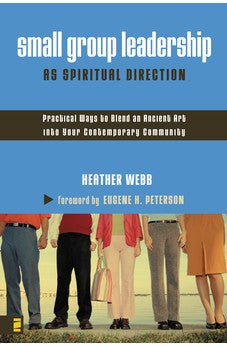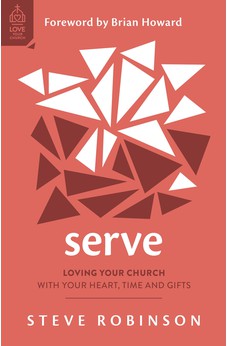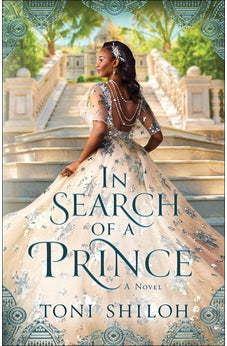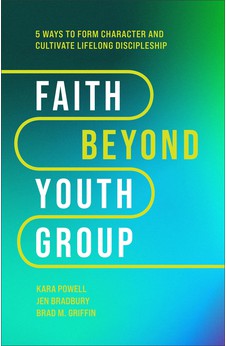God Reforms Hearts: Rethinking Free Will and the Problem of Evil
3 Great Reasons to Buy from Us:
Must we be free to truly love? Evil is a theological problem for all Christians. When responding to objections that both evil and God can exist, many resort to a "free will defense," where God is not the creator of evil but of human freedom, by which evil is possible. This response is so pervasive that it is just as often assumed as it is defended. But is this answer biblically and philosophically defensible?In God Reforms Hearts, Thaddeus J. Williams offers a friendly challenge to the central claim of the free will defense?that love is possible only with true (or libertarian) free will. Williams argues that much thinking on free will fails to carve out the necessary distinction between an autonomous will and an unforced will. Scripture presents a God who desires relationship and places moral requirements on his often--rebellious creatures, but does absolute free will follow? Moreover, God's work of transforming the human heart is more thorough than libertarian freedom allows.With clarity, precision, and charity, Williams judges the merits and shortcomings of the relational free will defense while offering a philosophically and biblically robust alternative that draws from theologians of the past to point a way forward.
Must we be free to truly love? Evil is a theological problem for all Christians. When responding to objections that both evil and God can exist, many resort to a "free will defense," where God is not the creator of evil but of human freedom, by which evil is possible. This response is so pervasive that it is just as often assumed as it is defended. But is this answer biblically and philosophically defensible?In God Reforms Hearts, Thaddeus J. Williams offers a friendly challenge to the central claim of the free will defense?that love is possible only with true (or libertarian) free will. Williams argues that much thinking on free will fails to carve out the necessary distinction between an autonomous will and an unforced will. Scripture presents a God who desires relationship and places moral requirements on his often--rebellious creatures, but does absolute free will follow? Moreover, God's work of transforming the human heart is more thorough than libertarian freedom allows.With clarity, precision, and charity, Williams judges the merits and shortcomings of the relational free will defense while offering a philosophically and biblically robust alternative that draws from theologians of the past to point a way forward.






























